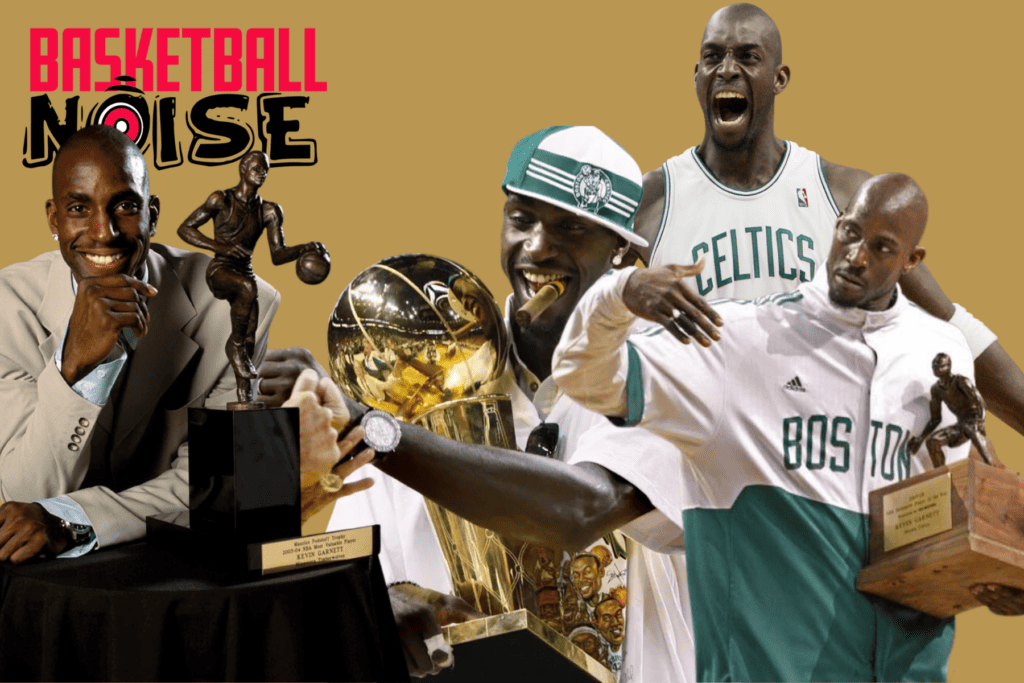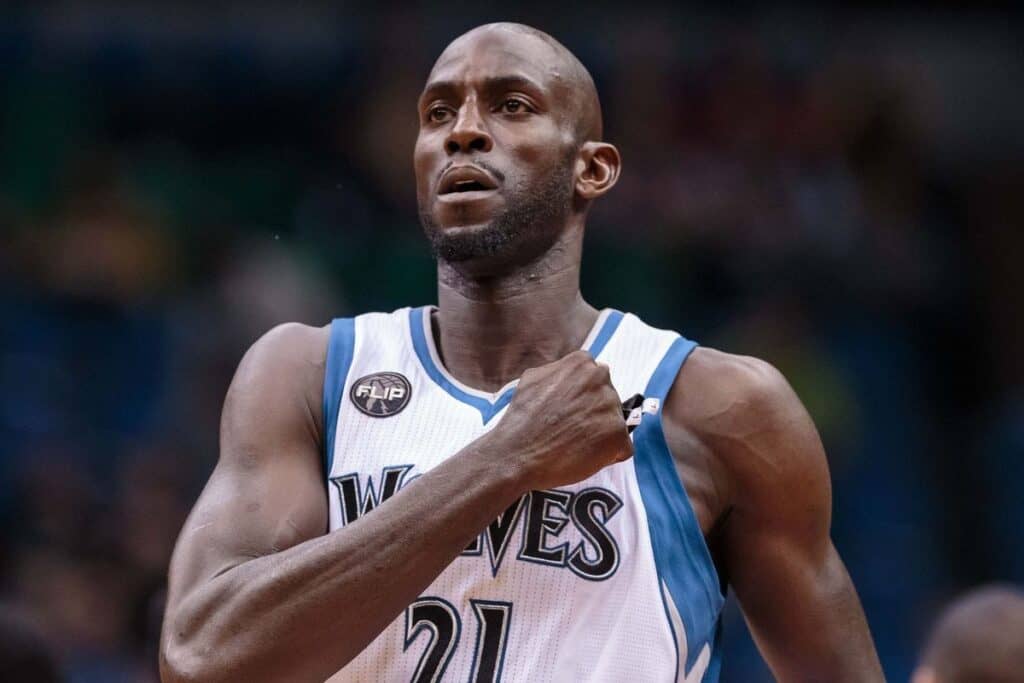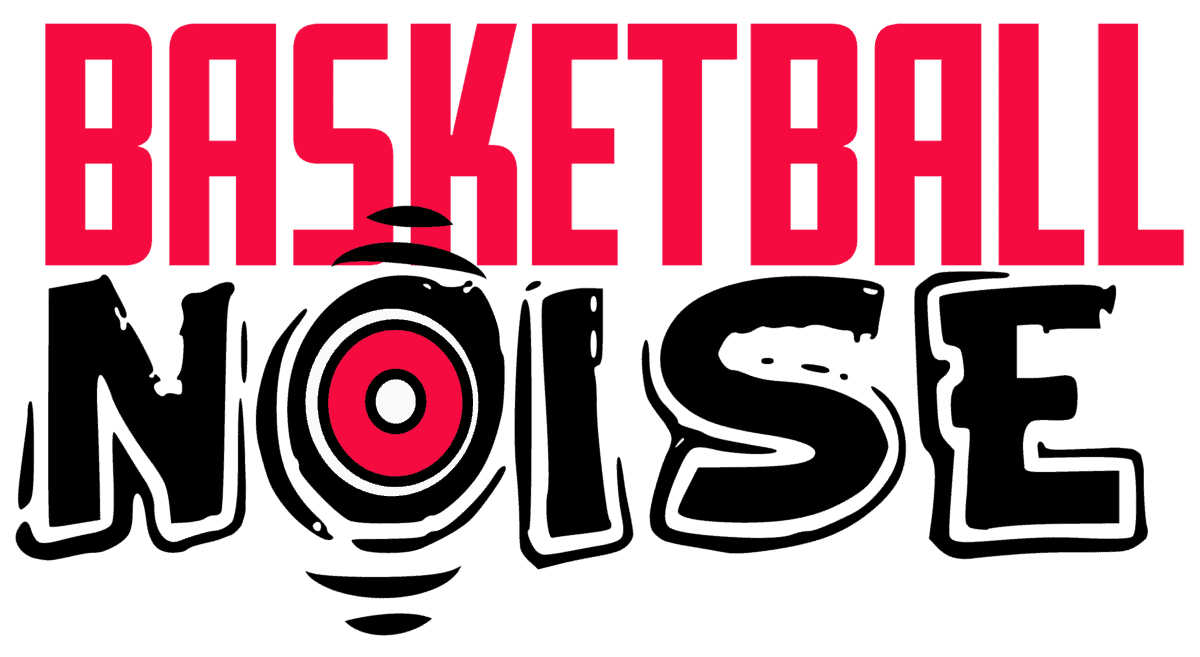The NBA has been blessed with incredible talent throughout its history. Just pick any era and it is easy to find a player who was a force on the court. However, not every player is awarded as the best of the best; that’s reserved for the cream of the crop. An NBA career littered with trophies is one that fans can reflect on years later when reminiscing about the players who stood out from the rest.
How many awards does Kevin Garnett have? Kevin Garnett won the MVP award in 2004, and the Defensive Player of the Year award in 2008. Garnett was selected to 15 NBA All-Star Games, winning the All-Star Game MVP in 2003. He was selected to All-NBA teams 12 times (4x All-NBA First Team, 3x All-NBA Second Team, and 2x All-NBA Third Team) and 12 NBA All-Defensive Teams (9x NBA All-Defensive First Team, 3x NBA All-Defensive Second Team) and was selected to the NBA All-Rookie Second Team in 1996. He also won the rebounding title 4 times in his career. In terms of individual awards and selections, Garnett accumulated 47 awards in his 21-season NBA career. As for team achievements, Garnett won one NBA championship with the Boston Celtics in 2008 and won a gold medal at the 2000 Olympics with Team USA.

What was Kevin Garnett’s NBA career like?
Kevin Garnett was drafted with the 5th overall pick in the 1995 NBA Draft by the Minnesota Timberwolves. Garnett had skipped college and was considered a prep-to-pro player; the previous prep-to-pro player was drafted in 1975. Despite being one of the youngest players in the NBA, Garnett grew into his own quickly, and by 1998, he was considered a top player in the league. His individual performances improved, even earning him a MVP award in 2004, but the Timberwolves continued to be a perennial first-round exit in the playoffs: their best playoff run was in 2004, where they fell in the Western Conference Finals. The franchise tumbled, missing the playoffs, and soon Garnett was traded to the Boston Celtics in a blockbuster move in 2007.

Garnett was considered the final piece the Celtics needed for a title push. He meshed with his new star teammates, Paul Pierce, Ray Allen, and Rajon Rondo, almost immediately, winning the 2008 Defensive Player of the Year award, and lo and behold, the Celtics won the NBA Finals that year. The Celtics continued to play well in the following years but were never able to replicate their 2008 championship, partly due to Garnett’s recurring knee injuries. While he continued to perform at a high level, Garnett started to decline, and he was part of another blockbuster trade that dealt him to the Brooklyn Nets in 2013.
Garnett was only on the Brooklyn Nets for 1.5 seasons, a tenure in which both he and his team as a whole underperformed. In 2015, Garnett was traded back to the team that drafted him, the Timberwolves, but he could only muster 43 games over two seasons as his knees continued to bother him. In 2016, Garnett announced his retirement, capping off an illustrious 21-year career. His career averages include 17.8 points per game, 10.0 rebounds per game, 3.7 assists per game, 1.4 blocks per game, and 1.3 steals per game. In 2021, Garnett was inducted into the Hall of Fame, and had his jersey retired by the Celtics.
While many may remember Garnett as a Celtics player, especially considering that was when he won his lone championship, he was much more focal and integral for the Minnesota Timberwolves franchise. To this day, Garnett is the Timberwolves’ franchise leader for nearly every major statistical category: points, rebounds, assists, steals, blocks, field goals made, free throws made, games played, and minutes played. He played 13.5 seasons with the Timberwolves, 12 of which were in his first stint since he was drafted. Garnett is easily considered as the greatest Timberwolves player in franchise history.
How are individual awards in the NBA decided?
There are two ways that an award is decided in the NBA. One way is through statistics, which is mostly applicable to statistical awards. For example, the scoring title is given to players who have the most points per game throughout the regular season. The second way that awards are decided is via voting, and this is usually for awards that have a level of subjectivity. Examples of such awards include the Most Valuable Player award, the All-Star Game selections, and the Defensive Player of the Year award.
As for who votes, it depends on the awards: for example, the MVP award is voted on by 100 independent media members, who rank their MVP candidates first through fifth, which is then used to decide the MVP. The NBA All-Star Game has a mix of voters, including fans, players, media members, and coaches. In this example, the different voting groups have different weights: fans make up 50% of the All-Star Game vote, and players and media members have 25% voting weights each (coaches vote among themselves for the NBA All-Star Game reserves). Naturally, these votes are subject to bias and are debatable, in contrast to statistical awards which are objective and factual by default.
Kevin Garnett was a menace on the NBA court, with an affinity for trash talking and the ability to back it up. Many fans who watched KG in his prime will remember him banging his head against the basket before every game. He was a ferocious competitor, potent on the offensive end and dominant on the defensive end. While his time at the tail end of his career with the Brooklyn Nets was mostly forgettable, he brought life to the Minnesota Timberwolves, and was focal in bringing a title to the Boston Celtics. Garnett’s incredible play led him to have an outstanding number of accolades and honors once everything was all said and done.
